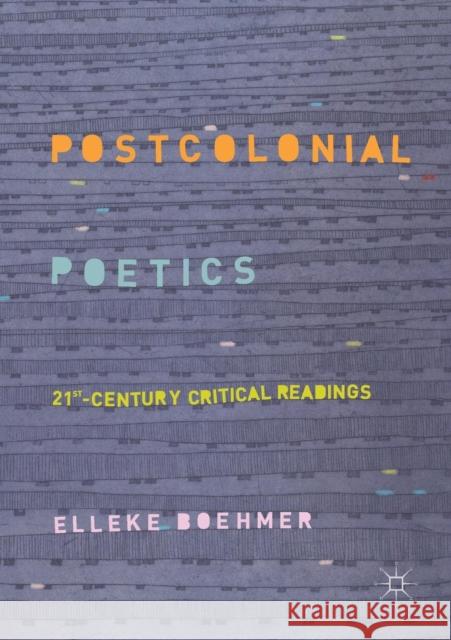Postcolonial Poetics: 21st-Century Critical Readings » książka
topmenu
Postcolonial Poetics: 21st-Century Critical Readings
ISBN-13: 9783030079956 / Angielski / Miękka / 2019 / 220 str.
Kategorie:
Kategorie BISAC:
Wydawca:
Palgrave MacMillan
Język:
Angielski
ISBN-13:
9783030079956
Rok wydania:
2019
Dostępne języki:
Ilość stron:
220
Waga:
0.28 kg
Wymiary:
21.01 x 14.81 x 1.27
Oprawa:
Miękka
Dodatkowe informacje:
Wydanie ilustrowane











